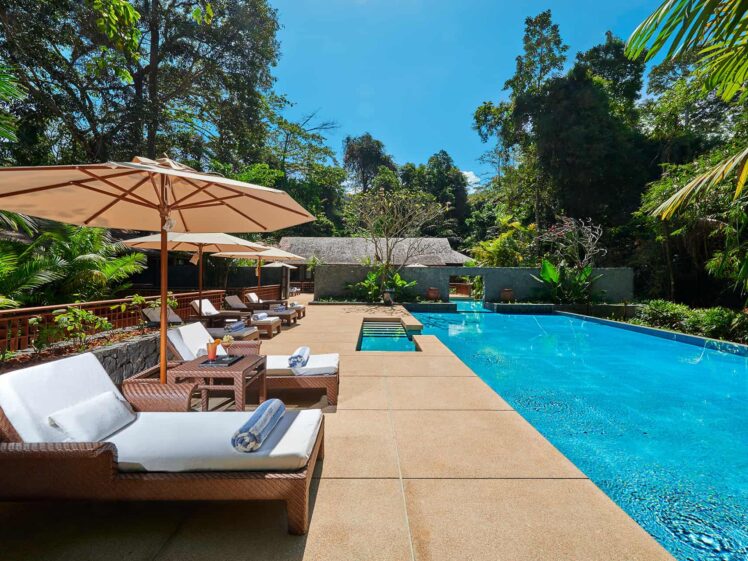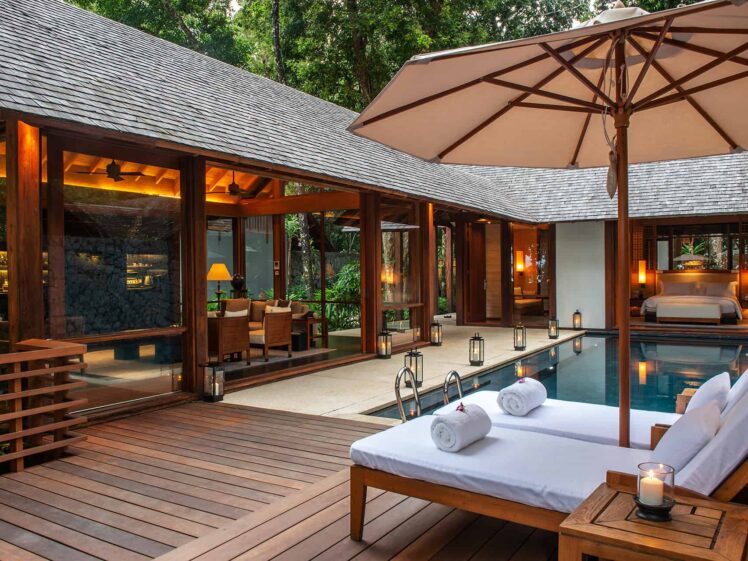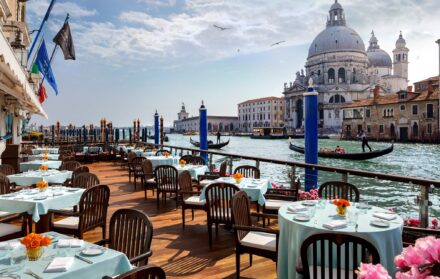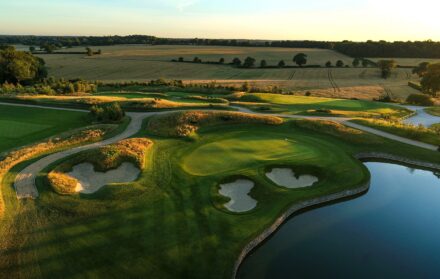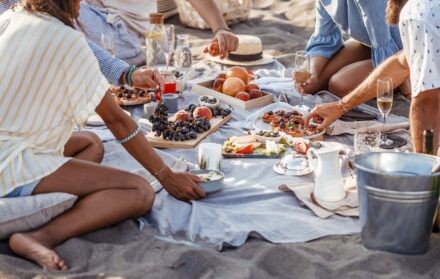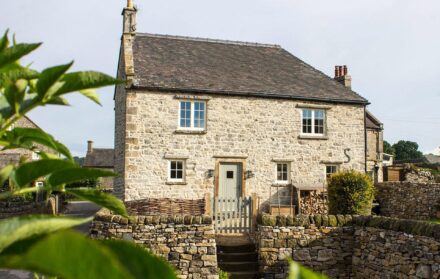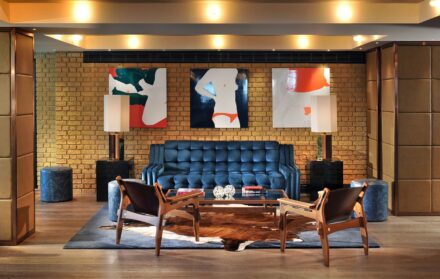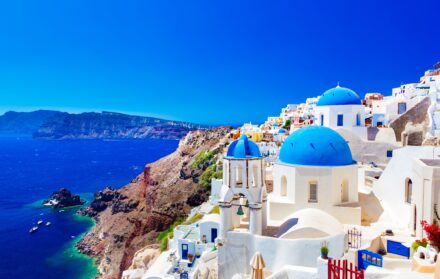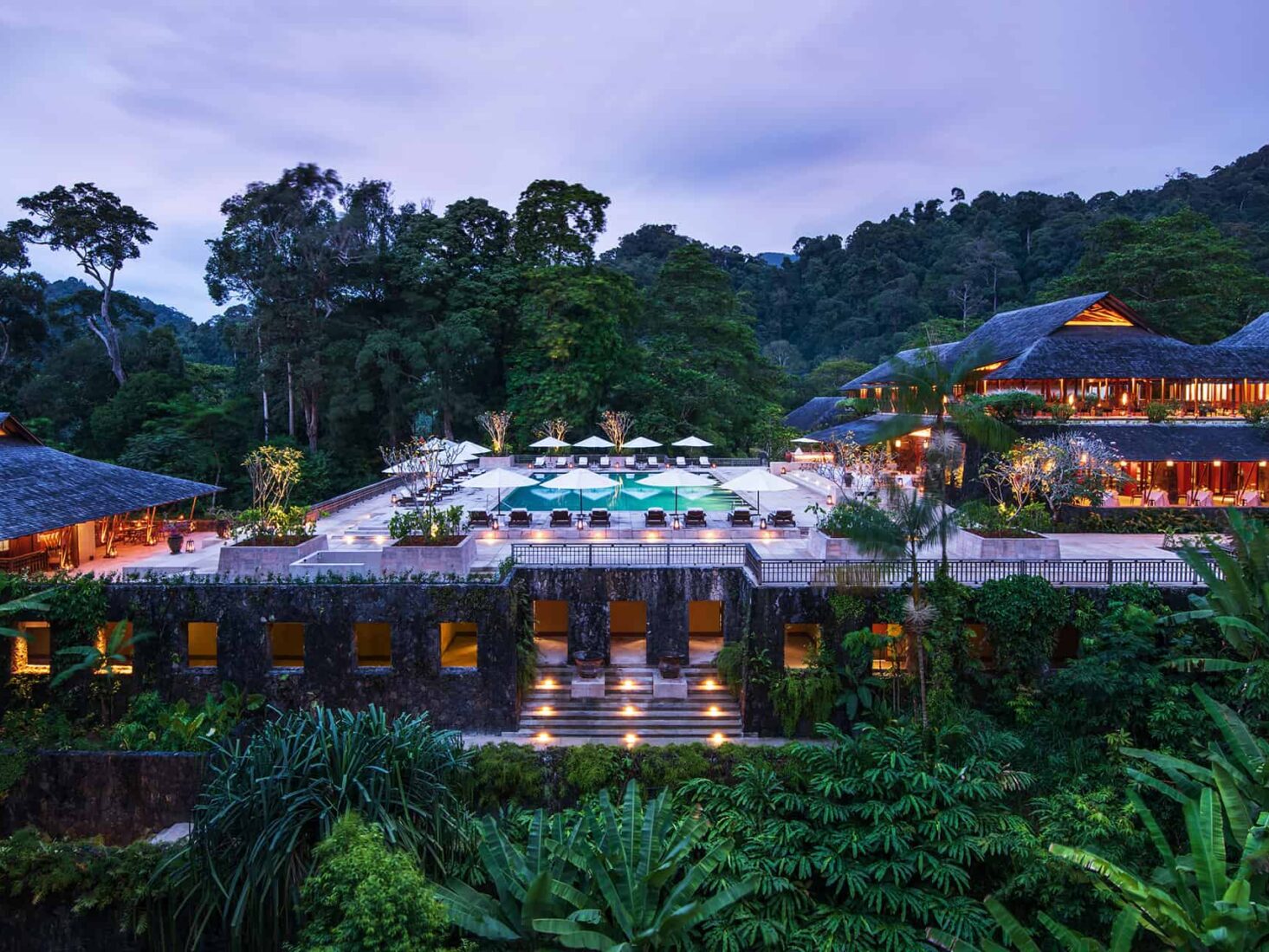
The Datai, Langkawi: A luxury escape with sustainability at its heart
How does a hotel successfully nurture a relationship with nature that is mutually beneficial? The Datai Langkawi in Malaysia has dedicated more than 25 years to the challenge
Squatting over a depression in the sand, it strikes me that should my pose be misinterpreted, I may well be asked to vacate the premises of The Datai, Langkawi. I’m observing a hermit crab house swap, whereby a cluster of the curious crustaceans gathers around a large empty shell. When a crab arrives that’s large enough to inhabit it, it sets off a vacancy chain, and each crab upsizes by occupying its larger neighbour’s now-discarded shell.
Temporarily stunned into stillness by the joy of witnessing this small-but-staggering process, I’m reminded why it’s so crucial to leave shells on the beach to fulfil their role as mobile homes rather than souvenirs. I can’t help but think that there are other lessons to be learned: every crab goes away with a new home, even the little guys; I later learn that they coexist in harmony with other organisms like sea anemone. This is mutualism, upcycling and distribution of resources at its smartest.
Fortunately, despite my ungainly pose, nobody asks me to leave – the staff here are used to guests becoming enraptured by the nature that surrounds The Datai.
Located in the north-western corner of Langkawi, an hour’s flight from Kuala Lumpur, the rainforest hotel sits on Datai Bay (one of National Geographic’s Top 10 Beaches in the World) and looks out over the Andaman Ocean. After check-in, I’m in the sea in a matter of minutes, my shoulders unclenching from around my ears and jet lag rinsing off in the water. A few strokes in I look back – and do a double-take.
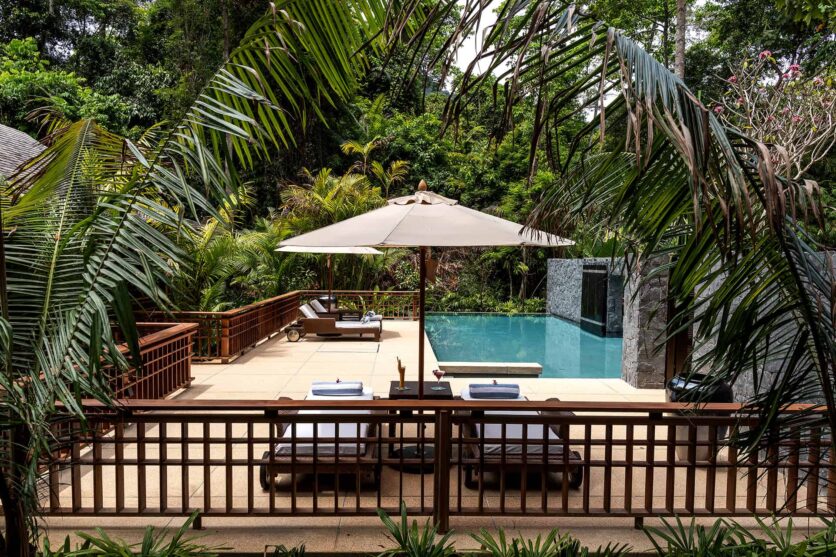
The entire resort is invisible, hidden behind a verdant canopy. When the original architect, Didier LeFort, returned in 2017, after 25 years to guide the restoration, he was pleased to note that ‘nature has taken over’. Overhead, a white-bellied sea eagle swoops, and not a single sun-lounging guest can keep their eyes off it. Even the beach bar’s waiters pause to allow the spectacle the attention it deserves before serving trays of cold towels, ice cream and fresh fruit.
Over the next few days, it becomes clear that this is how The Datai does luxury: nature first, and then everything (and anything) you could possibly need.
“There is no Datai without nature,” general manager Arnaud Girodon shrugs over dinner at The Gulai House, where menus are hand-written on giant dried macaranga leaves and there is a pre-dinner hand-washing ceremony that may be less of a blessing and more of a necessity post-Covid. Girodon describes grand plans to launch eco-friendly day cruises to the Andaman Islands and Koh Phi Phi, but I’m somewhat distracted by a nutty, golden dahl. “It’s our duty of care to look after the rainforest, the beach, the reefs, and renovating the hotel gave us the chance to start over with sustainability.”
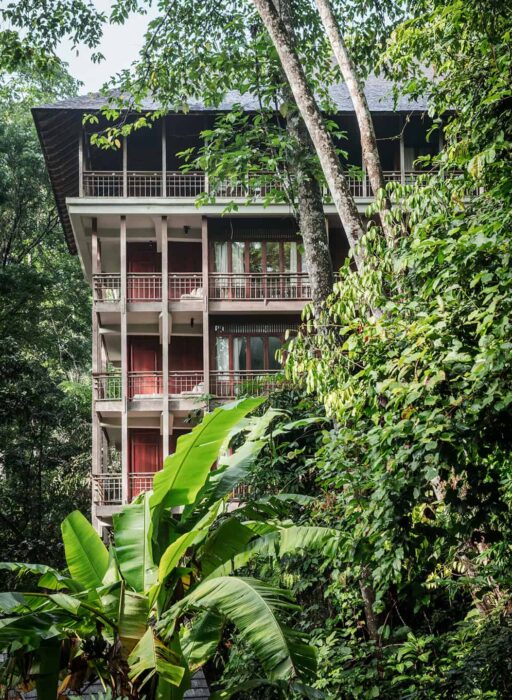
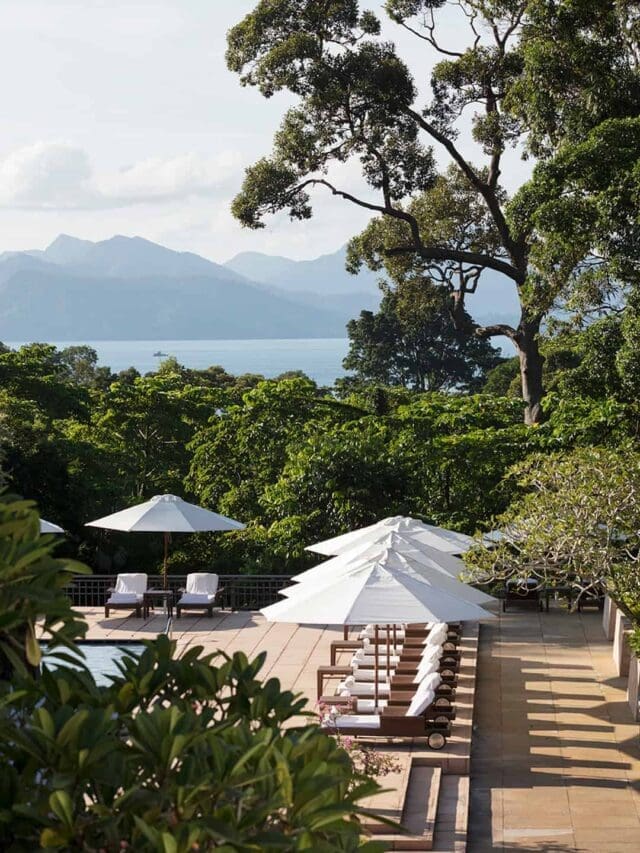
Originally built in 1993, the hotel closed for renovations in 2017, and while little was changed in terms of the infrastructure, one key step taken was the opening of a Nature Centre. It’s headed up by Malaysia’s top naturalist, Irshad Mobarak, who has been with The Datai since the beginning, and his niece Shakira, who describes her job as ‘being able to ask questions and find answers.’
During my stay, the resort received EarthCheck certification, verifying the success of its efforts to send zero waste to landfill, as well as for its permaculture garden (complete with worm farm to tackle food waste) and its on-site water bottling plant. “We want to be a benchmark in transparency so that the rest of the industry can join us at this level,” says Shakira, outlining initiatives such as Fish for the Future, which supports sustainable fishing and local fishermen, and Pure Lab, which will turn glass waste into eco-blocks for construction work.
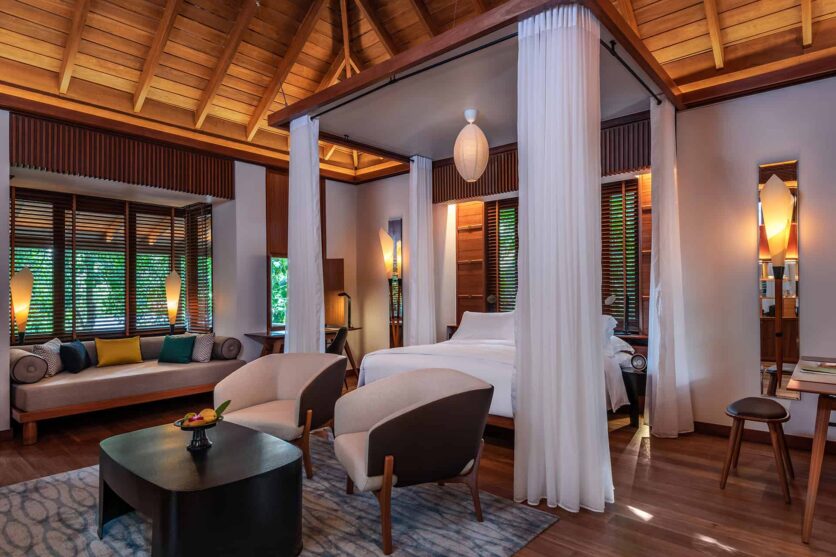
Beyond the resort, protective measures are carried out for the 10 million-year-old rainforest in which it’s built, and marine conservation has been crucial from the beginning; motorised water sports are prohibited and five aggregation devices have successfully encouraged coral growth in the surrounding reefs. Langkawi itself is historically home to orang laut, or ‘sea peoples’, and traditional longtail boats are visible in the waters of Datai Bay. Here, fishermen are only allowed to line fish and most often cast off in the bay to provide for their families, but some will bring a fresh catch directly to the hotel to sell to the kitchen.
It’s one of many ways the hotel has succeeded in involving locals. “We realised that we were throwing away half-burnt candles from the restaurant that were too small to reuse,” says Shakira. “So we decided to train local women in a technique that melts the candle down and re-uses the wax: they buy the stubs from us, then sell them back at a profit, cutting out waste and providing income without a middle man.”
A troop of dusky langur monkeys drops onto my verandah… Their presence politely reminds me that I am, in fact, the intruder here.
The beach bar’s communal bottle of SPF has also been replaced with reef-safe sunscreen created by local business Noosh Naturals. “We can’t force guests to use it, but we can provide and educate them about it as an alternative,” says Shakira. Candles and skincare might sound small-fry, but The Datai attends to the tiniest of details with as much care as the big stuff. In the villas, everything from toothbrushes (made from bamboo) to tea bags (made by a French brand that – at The Datai’s request – pivoted to recyclable paper sachets) has been addressed.
Immersed in the rainforest, it is in one of these villas that I tune into the frequency of the very nature these practises intend to protect. By night, the white noise of rolling thunder and rainfall has a surprisingly sedative effect, and at dawn a troop of dusky langur monkeys drop onto my veranda, an informal wake-up call. Their presence politely reminds me that I am, in fact, the intruder here – this is their rainforest, after all – so I make coffee and simply observe their playful rituals through the window. I settle into the schedule that Langkawi’s wildlife has set, and notice more guests carrying round binoculars than smartphones. There’s no need for clock-watching when an orchestra of cicadas acts as an unofficial dinner bell, skittish bats take flight at dusk signalling cocktail hour, and night lilies unfold after sunset.
At breakfast, I watch freshly made Malaysian murtabak being kneaded, spun and fried by a chef, just as enchanted as the six-year-old waiting beside me. “I’m bribing him to try local food with the promise of Marmite toast,” his dad whispers. The next day, the kid and I queue up for the flaky flatbread once more, Marmite well and truly forgotten.
We meet again on a nature walk with the mischievous marine biologist Jonathan Chandrasakaran, whose passion for wildlife is entirely infectious, igniting interest in apathetic adults and jetlagged kids. He leads us through the buttress roots of the mangrove and points out the low-slung trunks of sea hibiscus, which grow horizontally towards the shore and help protect the beach from erosion.
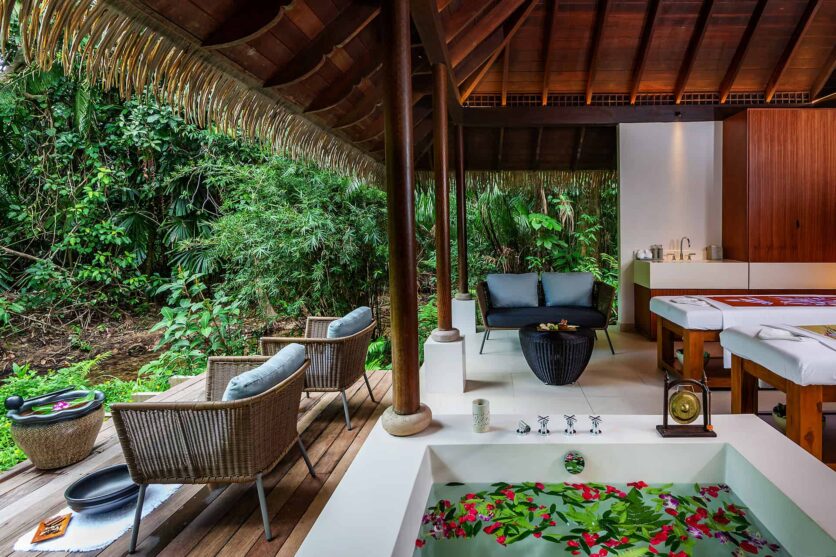
Coastal attrition is mostly natural, but Langkawi’s mangroves, which are essential to the survival of the rainforests, are vulnerable to man-made pollution – rubbish chokes the roots of the trees; oil from tour boats suffocates plants; litter poisons wildlife. Educating locals and providing improved waste disposal remains high-priority.
Just like its resident hermit crabs, The Datai demonstrates a mutualistic relationship with the environment on which it depends and the creatures that call it home – the resort has become an essential part of the ecosystem, and one simply can’t survive without the other.
From RM2,500 (approx. £463) per room per night based on two adults sharing a Canopy Deluxe, inclusive of breakfast, thedatai.com.
Read more: The ultimate Caribbean villas to escape to this winter
